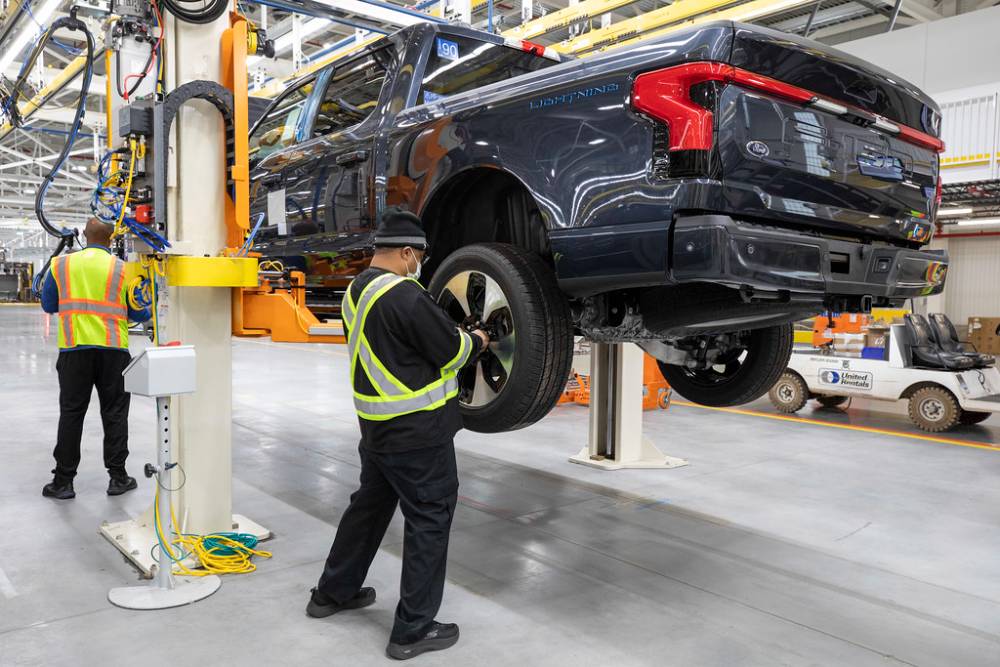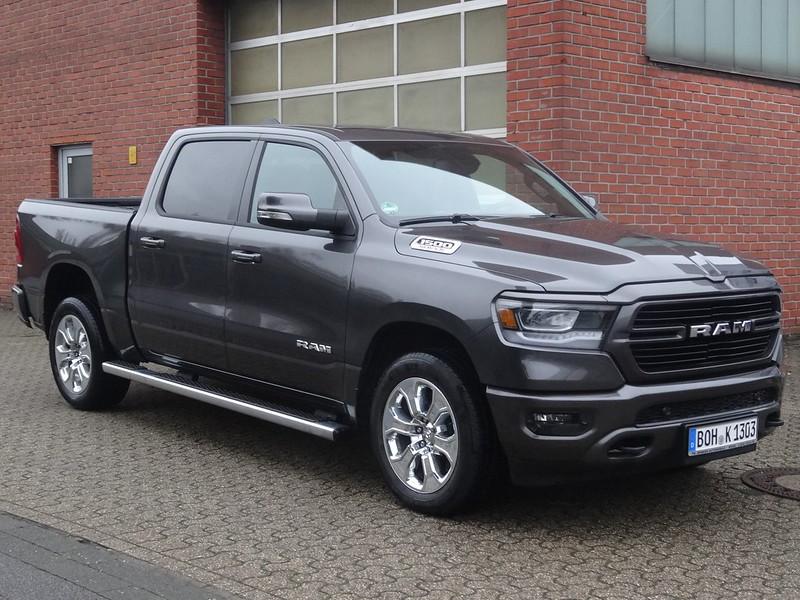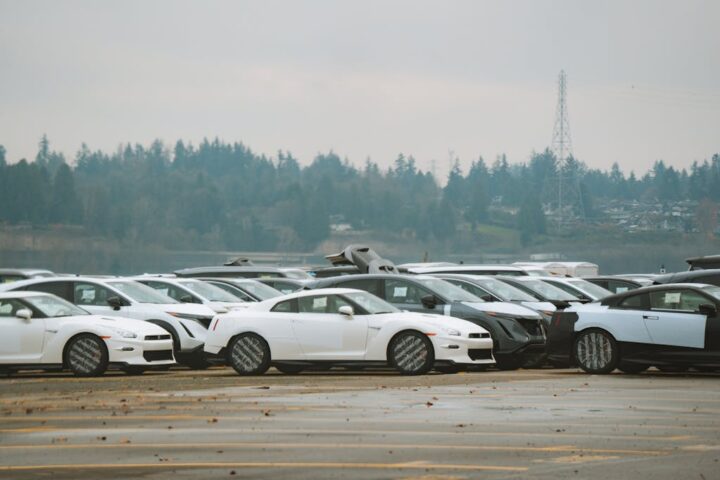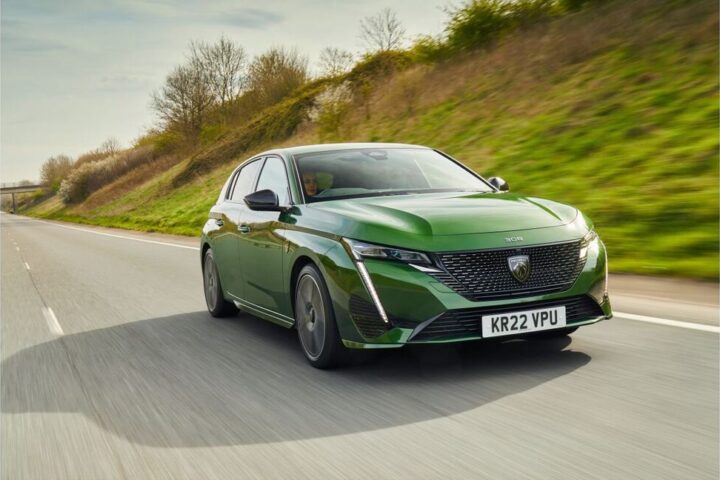A new study released Tuesday shows Europe faces a major turning point for its car industry. Keeping the EU’s target to sell only zero-emission cars by 2035 could save up to 1 million jobs, while scrapping it might trigger massive job losses.
The research by environmental group Transport & Environment (T&E) found that maintaining the target, along with strong support policies, could boost Europe’s car production to 16.8 million vehicles yearly – matching levels seen after the 2008 financial crisis.
“It’s a make or break moment for Europe’s automotive industry,” said Julia Poliscanova from T&E, pointing to fierce global competition in electric cars, batteries and charging networks.
The report outlines three possible futures for Europe’s car sector. In the best-case scenario, sticking with the 2035 target while implementing industrial and demand policies could grow the automotive sector’s economic contribution by 11% by 2035.
While traditional manufacturing jobs would decline in the shift away from gasoline and diesel vehicles, the study found this could be offset by creating over 100,000 new jobs in battery factories by 2030 and another 120,000 in charging infrastructure by 2035.
This comes as European carmakers already struggle with high home-market costs and growing competition from Chinese and American rivals. The situation has worsened with U.S. President Trump’s recent 25% tariffs on imported cars, forcing many manufacturers to pull their 2025 forecasts.
The automotive sector remains vital to Europe’s economy, contributing roughly €330 billion to GDP and supporting more than 3 million jobs in manufacturing cars and components.
Battery production faces particular risks if the 2035 target is weakened. Europe has over 50 planned battery “gigafactories” needing more than €170 billion in investments. Walking back from the zero-emission goal could result in losing two-thirds of these planned investments.
Similar Posts
Despite industry pressure, the EU has so far maintained its regulation banning fossil-fuel car sales by 2035, though the European Parliament did soften some earlier CO2 targets in May after heavy lobbying.
Business leaders emphasize the importance of policy stability. Last September, executives from 50 companies including Volvo Cars, Uber, and Ayvens urged EU officials not to reopen the 2035 target, as billions have already been invested based on the current rules.
For car buyers, the transition could bring benefits too. Previous research suggests battery-powered cars will become cheaper to buy than gas or diesel vehicles by 2028 in Europe.

The study recommends that Europe maintain its car emission targets, support battery production, improve charging networks, and strengthen worker training programs to navigate this transition successfully.
As Europe decides which road to take, these policy choices will shape not just its car industry but also its economic strength, job market, and climate goals for decades to come.


















